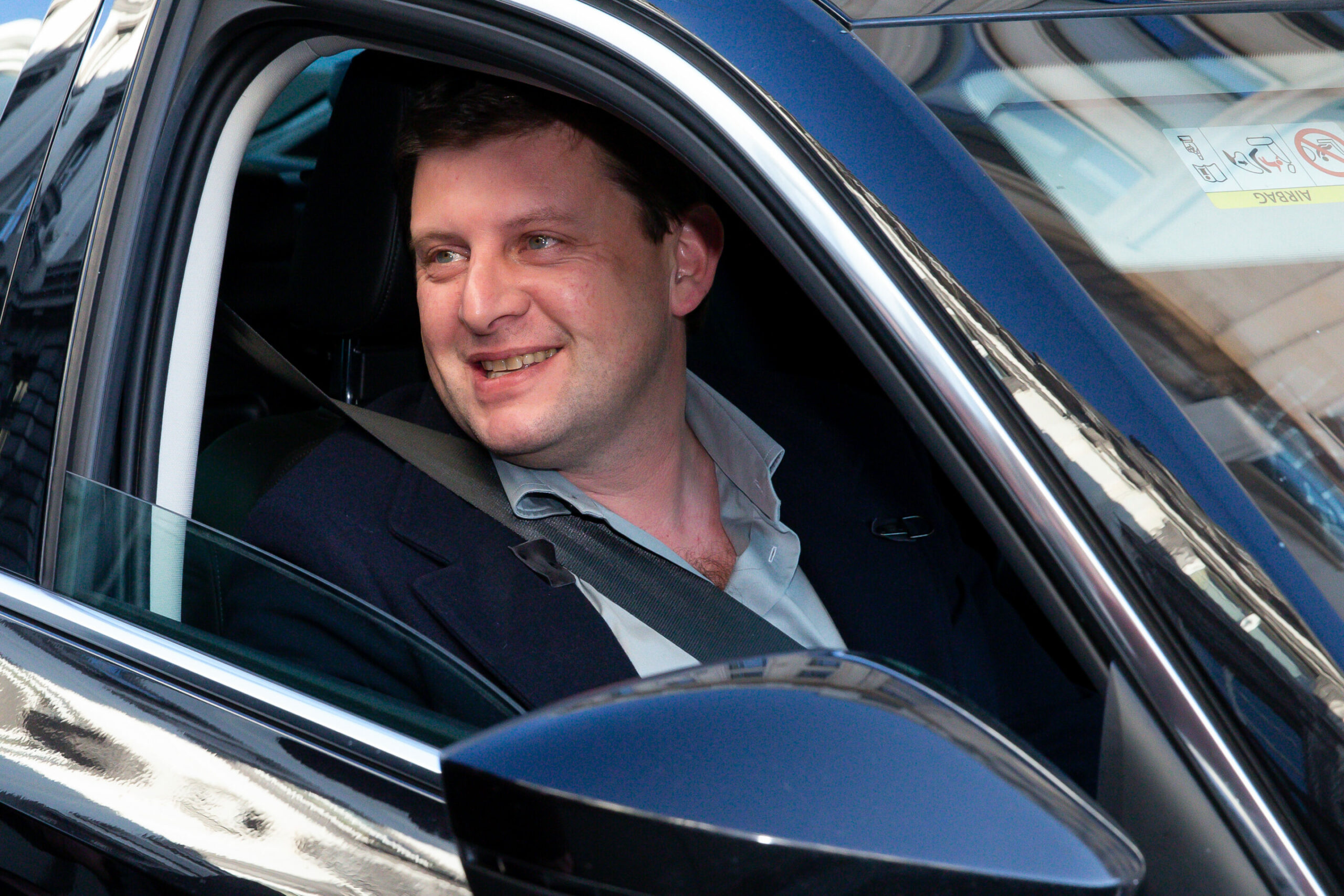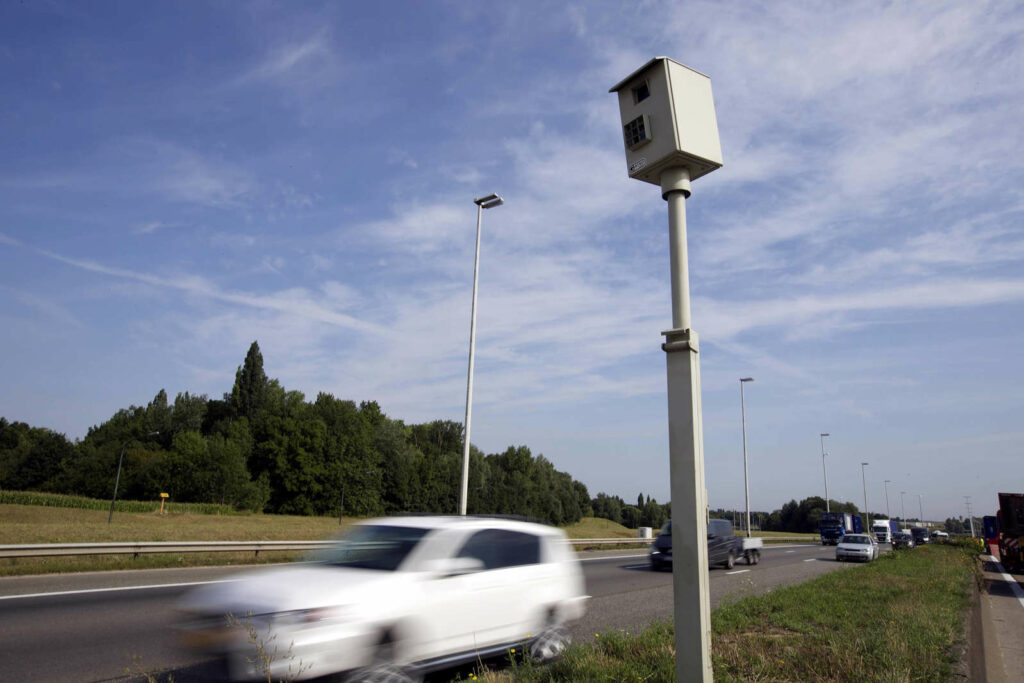Speed cameras should always aim to enhance road safety, rather than to simply generate fines, according to Belgium’s traffic safety institute, Vias. The issue has risen due to a discussion on speed zones in the coastal city of Ostend.
Ostend’s mayoral candidate, John Crombez (Vooruit), wants to restore the speed limit to 50 km/h in several 30 km/h zones. He expressed his concern over the surge in administrative fines in an interview with De Standaard.
"Immediately after the introduction of the 30 km/h zone, the city installed cameras everywhere and mobilised the police to generate as many speeding fines as possible," Crombez said.
Although not commenting specifically on Ostend’s extended zone, Vias spokesperson, Stef Willems, emphasised the critical nature of context.
"A 30 km/h zone should only be implemented where there’s significant interaction between vulnerable road users and motorised traffic. This reduces accidents and improves quality of life, including noise reduction," Willems explained.

Ostend mayoral candidate John Crombez in 2019. Credit: Belga
Vias believes this is not necessary everywhere. "On major thoroughfares, the speed limit can remain at 50 km/h, provided there are separate bicycle paths and safe crossings," Vias suggested.
While Vias endorses the use of speed cameras for safety enhancement, it opposes their use for revenue generation. "Their aim should never be to produce as many fines as possible. The best speed camera is an idle one, which we often see in many places."
The progressive political party, Vooruit, has not yet commented on the Ostend mayoral candidate’s proposal. Crombez was the former leader of the party's predecessor, the SP.A.

